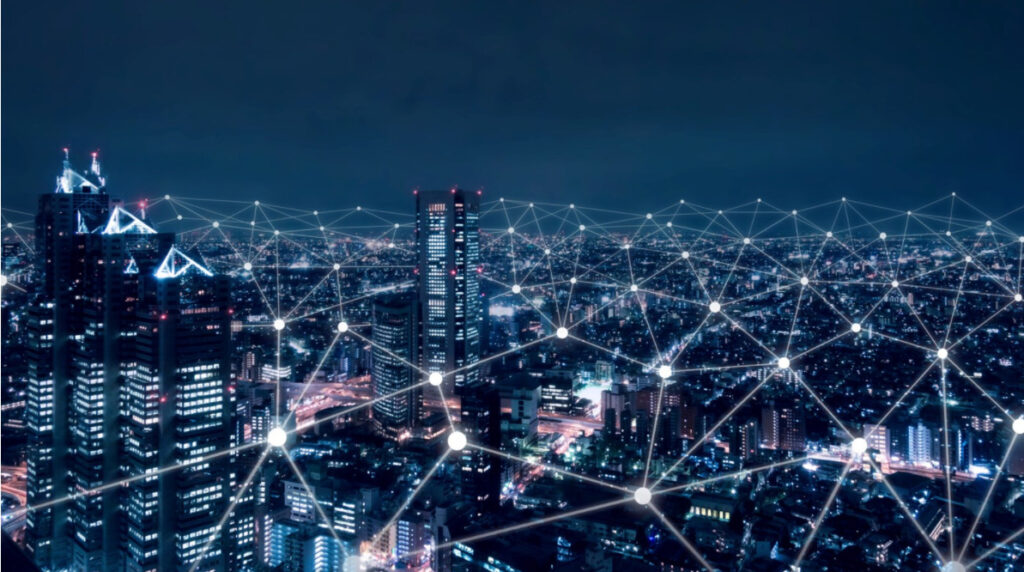Ofgem has published its decision that the National Energy System Operator (NESO) be appointed as Interim Data Sharing Infrastructure (DSI) Coordinator.
The energy regulator will implement a short-term governance model for the DSI, that will span 2024-2028. It has appointed NESO as coordinator for the interim period, with oversight in place to ensure stakeholders’ concerns with NESO taking on this role are mitigated.
Concerns were raised that NESO might lack independence as Interim DSI Coordinator, however, as compared to two other options—Ofgem or an independent body—the operator performed well in all the other necessary categories, including operational capability and engagement.
According to Marzia Zafar, deputy director of digitalisation and innovation for Ofgem, NESO is “uniquely positioned” to carry out the important role of governing how data is shared.
Ofgem also set out that the DSI will initially be funded through NESO’s RIIO IT funding pot. It said it has committed to assessing whether alternative funding models will be more appropriate after the interim period.
The DSI fulfils an obligation set out by the Energy Digitalisation Taskforce report to establish a ‘digital spine’ to enable seamless data sharing between entities in the energy system.
A digital spine (which is what the DSI will be) is data sharing infrastructure, which will be critical to the digitalisation of the energy sector, a process that could improve energy security and help deliver net zero by 2050 at a lower cost to the consumer.
As set out in the government’s response to a digital spine feasibility study carried out by the Department for Energy Security and Net Zero (DESNZ), NESO is progressing a pilot DSI using the digital spine architecture.
The technology is not new but has not been tested at this scale in the Great British energy system.
NESO’s involvement also builds on a memorandum of understanding (MoU) signed by its predecessor organisation National Grid ESO with the UK government to develop a digital twin of the energy system.
According to the system operator, by taking on the Interim DSI Coordinator role, it will help the energy industry to better leverage data sharing to reduce inefficiencies, improve system resilience, and support a more flexible, integrated energy network.
Chief information officer at NESO, Shubni Rajnish, commented: “Data sharing underpins everything from system planning to market efficiency, and having a clear, coordinated approach will benefit the entire sector.”






